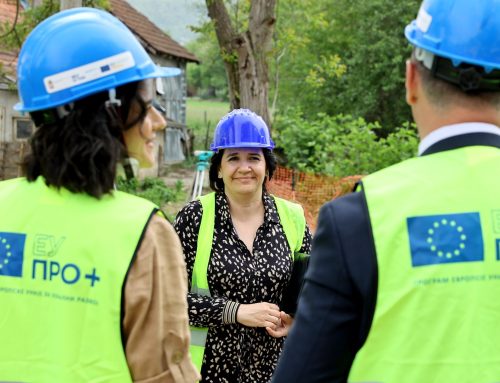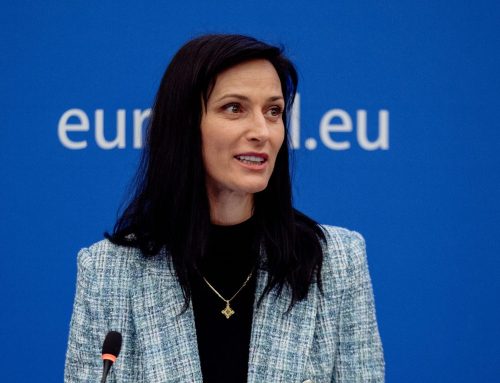The 2nd European Parliament facilitated Inter-Party Dialogue was held on 14 and 15 November in the National Assembly of Serbia. It took-stock of the achievements since October’s 1st Inter-Party Dialogue (IPD) and called for additional concrete initiatives to improve the conditions for holding parliamentary elections. The European Parliament’s facilitators underlined the importance of making progress on the recommendations set out in the reports of the European Commission and the OSCE/ODHIR in order to regulate all essential aspects, address gaps and loopholes in the electoral framework, including through full parliamentary scrutiny. The facilitators thanked all the stakeholders for their active participation in the Dialogue and also those who were consulted informally.
At the half-way point of the three foreseen rounds of Dialogue, there is a clear sense of urgency that substantial steps are needed to address key issues to achieve real progress in improving the conditions for holding parliamentary elections, most notably in the media environment i.a the role of the REM. The facilitators underlined that such substantial and concrete progress is necessary for holding the third round of the Dialogue, scheduled for 12-13 December 2019.
The government provided an update on the progress made regarding the training of officials responsible for maintaining and updating the Single Electoral Roll and for updating the new internet site to inform citizens about the electoral roll. The Dialogue noted the organisation of the Open meeting on the role and conduct of the REM at the National Assembly and called on all relevant stakeholders, particularly REM, to urgently follow-up with actions to address the shortcomings in the media environment and act on the new initiatives as soon as possible. The importance of having a complete representation in the REM and guaranteeing fair access and coverage by the public broadcasters was considered a priority. This should be ensured by appointing “3+1” new representatives in the REM, adopting a new Regulation based on best European practice for the Public Broadcasters to ensure fair access and coverage during the electoral campaign, and establishing a Supervisory Board in the National Assembly to oversee the implementation of all election related commitments.
The Dialogue also discussed progress on the implementation of the commitments undertaken during the 1st IPD meeting. Whilst welcoming the achievements and progress underway, the Dialogue underlined that the majority of the commitments still remain unachieved or partially achieved. As a result, the “Implementation Table”, established as a follow-up to the last Dialogue was updated and is attached to these Conclusions. All involved state institutions should expeditiously implement all commitments while ensuring standards and recommendations as set out in the reports of the European Commission and ODHIR. In addition, the Dialogue called on all the parliamentary groups to be constructive in supporting the adoption of amendments on election-related legislation and in the spirit of international best practices (i.e avoiding major changes on the eve of election-day).
Taking into account the overall level of achievement of the proposed measures, further steps must be taken before the next Inter-Party Dialogue in mid-December in order for the participants to be confident that everything feasible has been done to improve the conditions for holding the elections. A second phase of the dialogue is foreseen to take place after the 2020 parliamentary elections and will focus on the longer-term objective of improving Inter-Party Dialogue inside the National Assembly, by addressing issues such as reform of the Rules of Procedure and further review of the overall electoral framework.


